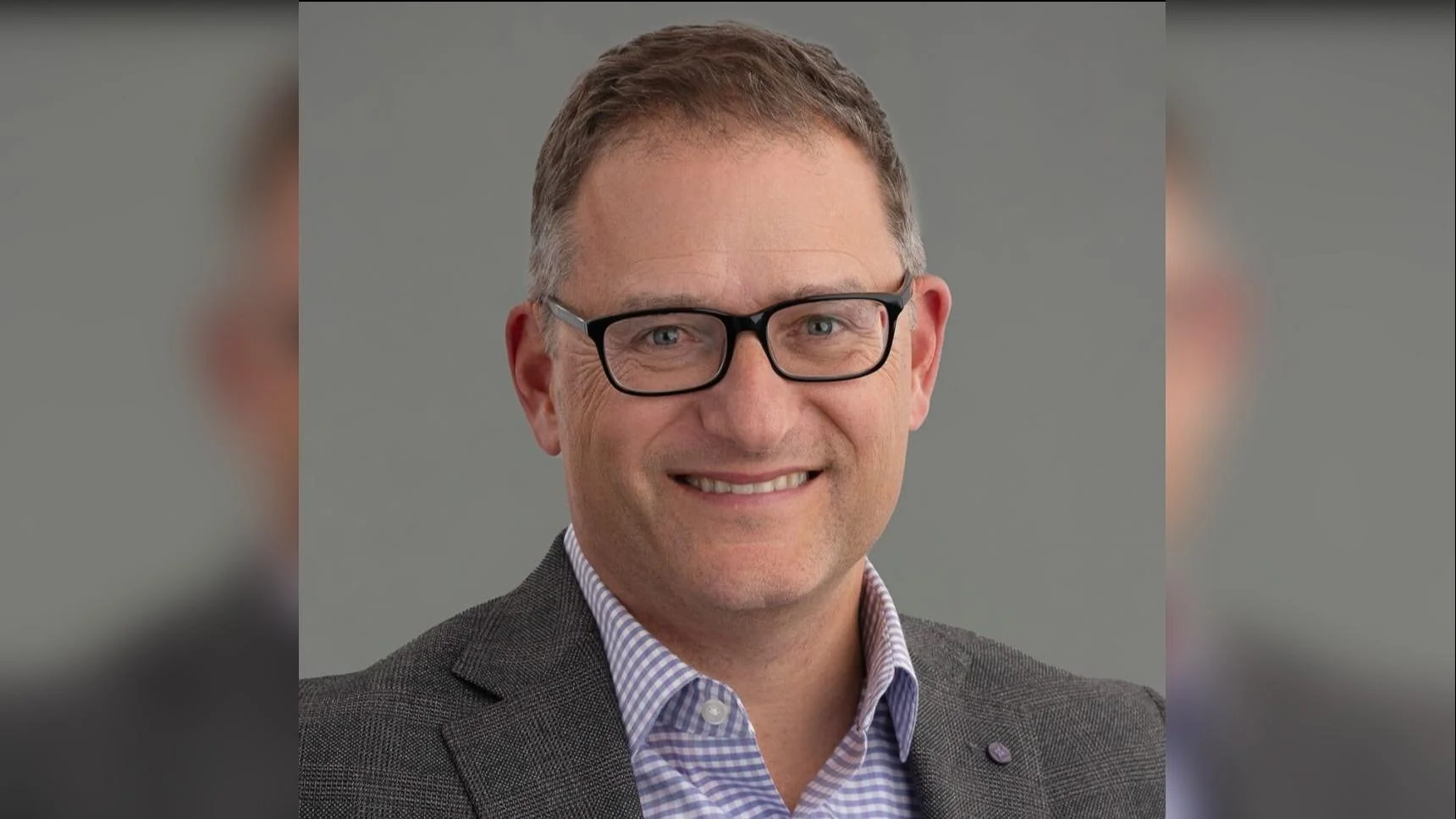Peter D. Newcomer Senior Vice President, Chief Operating Officer, | U. of Wisconsin Hospital and Clinics
Peter D. Newcomer Senior Vice President, Chief Operating Officer, | U. of Wisconsin Hospital and Clinics
Nationally, the incidence of Type 2 diabetes among children and adolescents has more than doubled over the past two decades, as highlighted by a UW Health Kids expert. This trend is also evident in Wisconsin, where the UW Health Kids pediatric Type 2 diabetes program has seen a significant increase in cases. In 2020, the program cared for around 25 children annually; by 2024, this number had risen to over 150, according to Dr. Elizabeth Mann, medical director of the program and pediatric endocrinologist at UW Health Kids.
Dr. Mann emphasized that "the reasons for the rise are complicated," but it is crucial to understand that "it is never a child’s fault they have diabetes." She stressed starting from this standpoint to collaboratively work on solutions for maintaining health.
Type 1 diabetes results from an autoimmune response affecting insulin production, while Type 2 involves insulin resistance where insulin doesn't function effectively. Dr. Mann explained that she tells her patients with Type 2 diabetes that their bodies can't process energy properly and works with them on understanding food's impact on their bodies.
Genetics play a primary role in developing Type 2 diabetes, particularly if parents have diabetes or obesity during pregnancy. Factors such as access to healthy foods, safe exercise opportunities, stress, poverty, stigma against larger body sizes, and historical racism contribute to its prevalence.
Despite these factors being largely beyond individual control, many patients feel responsible for their diagnosis. Dr. Mann noted that unlike other conditions like high blood pressure where medication is readily offered without blame, similar support should be extended for managing diabetes.
Managing Type 2 diabetes in children involves four main pillars: diet, exercise, insulin therapy, and non-insulin medications. Recent advancements have introduced more effective treatments for young patients with Type 2 diabetes. GLP-1 RAs (glucagon-like peptide-1 receptor agonists), which help manage blood sugar by stimulating insulin release from the pancreas, were approved by the FDA for use in children five years ago after being used by adults for two decades.
Effective screening methods are available too. Dr. Mann advised consulting doctors if there is a family history of diabetes or obesity: "The sooner we find out the better," she said.






 Alerts Sign-up
Alerts Sign-up